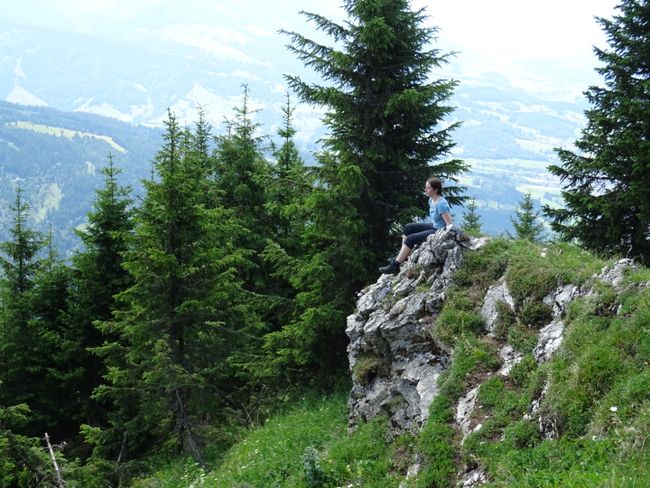The Bird Island Runde
የታተመ: 22.07.2020
ለጋዜጣ ይመዝገቡ
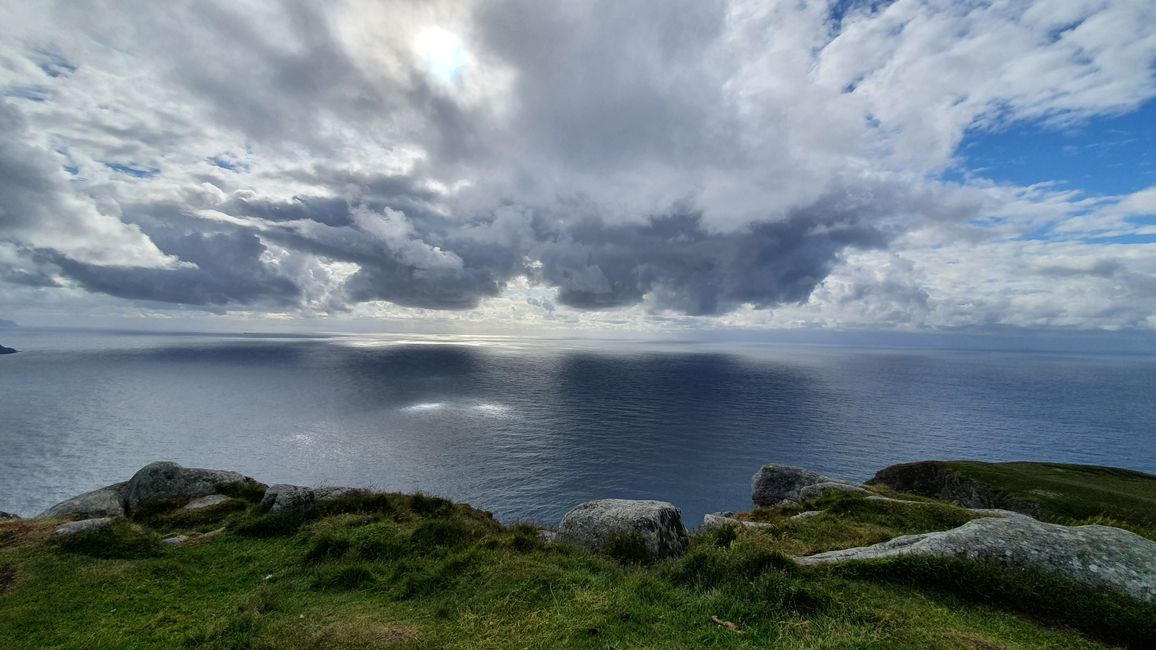
In the afternoon we went to Runde, a bird island - home to Norway's southernmost bird population - which is very popular among Germans. While it was still raining in Volda, it was dry there. On the way, we also passed the longest underwater tunnel, which was marked with blue light to indicate when you were underwater.
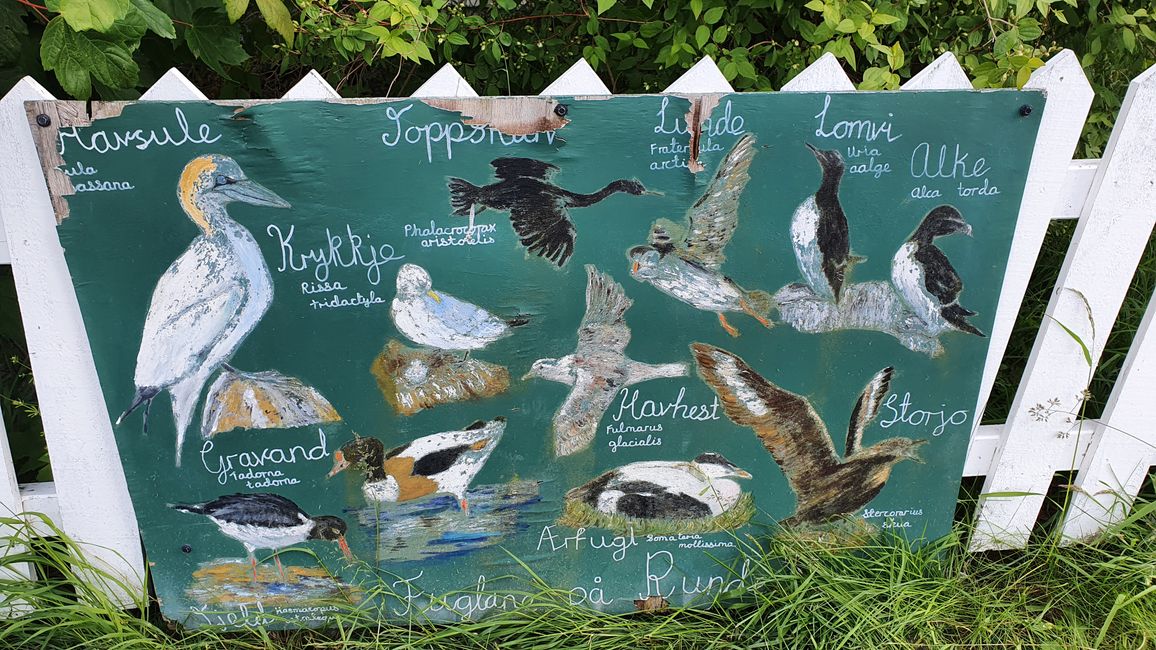
We climbed a steep summit and the landscape was wonderful! On one side there were steep cliffs, but they were green and reminded us of Ireland, on the other side there were gently sloping hills, similar to Lord of the Rings. As we walked along the ridge to another hill, we felt like we were in the Faroe Islands or even in Iceland.
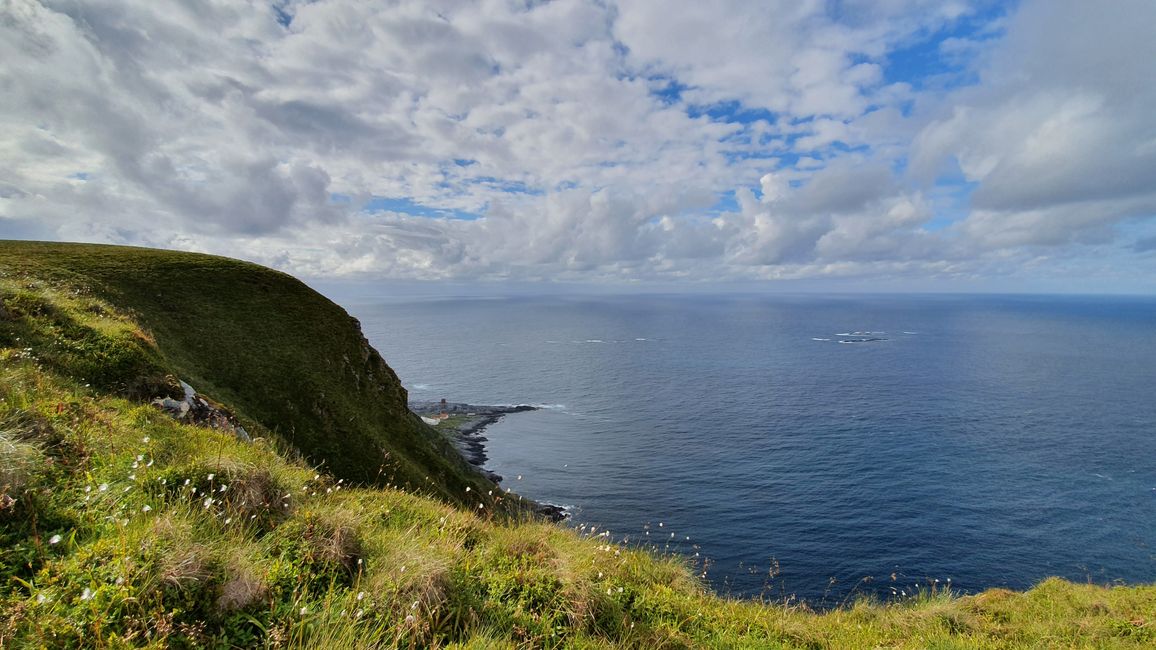
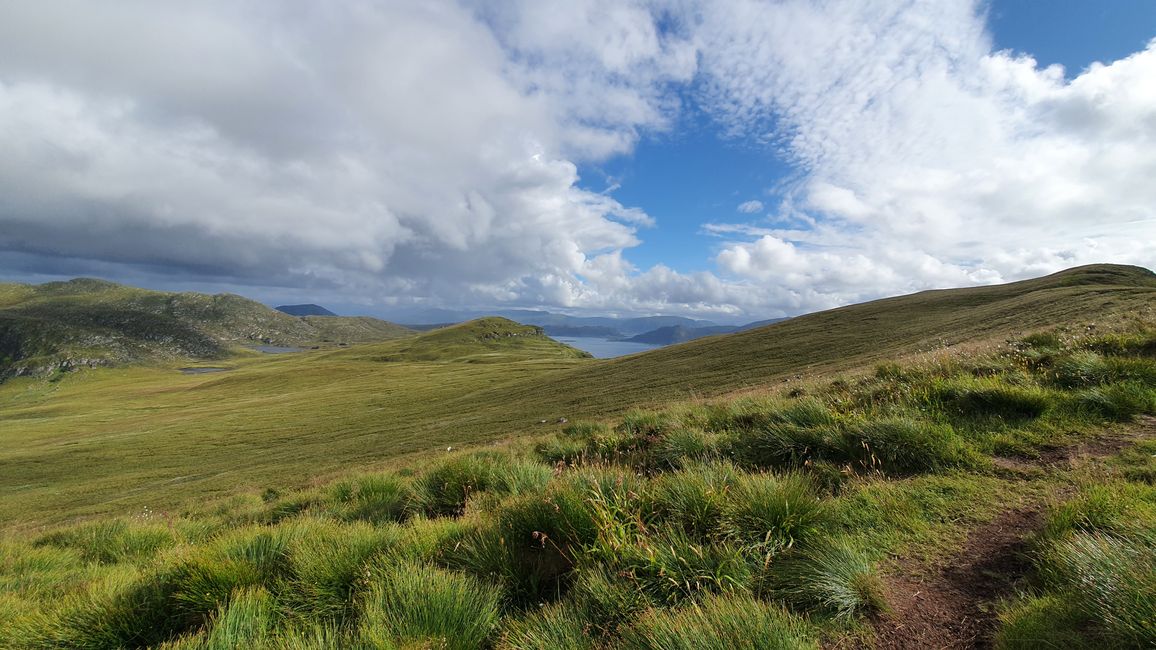
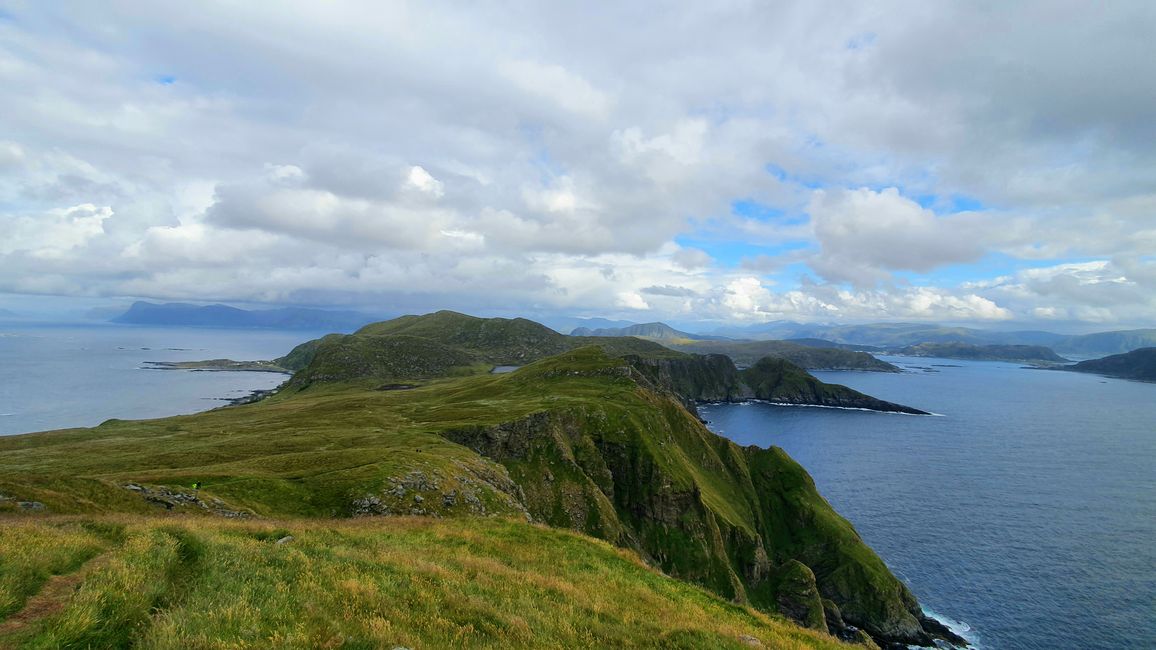
A little later, we reached the bird cliff where many puffins and gannets lived and the stone was already white from their droppings.
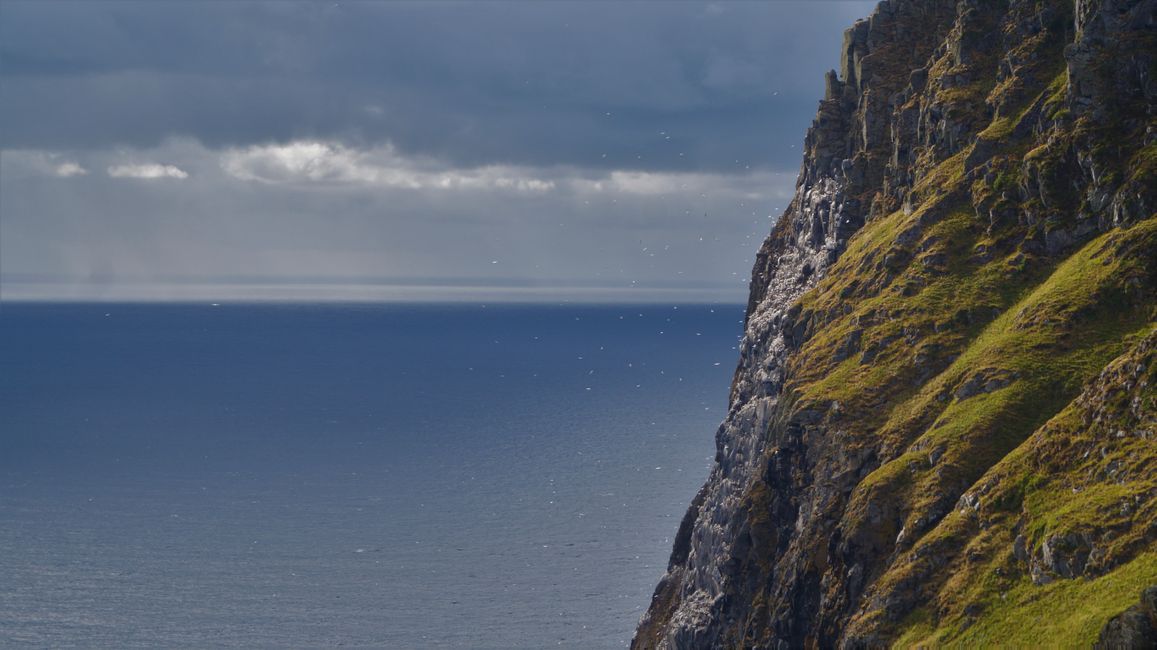
Hundreds of meters further was the actual attraction of the island. The observation point was in the middle of the colony. In the evening (and that's when we were there) the little birds returned from the sea to their burrows. They flew around the rocks, brought fish to their young, and when they landed, it looked like a crash landing - a bit like flying penguins. We're talking about puffins!
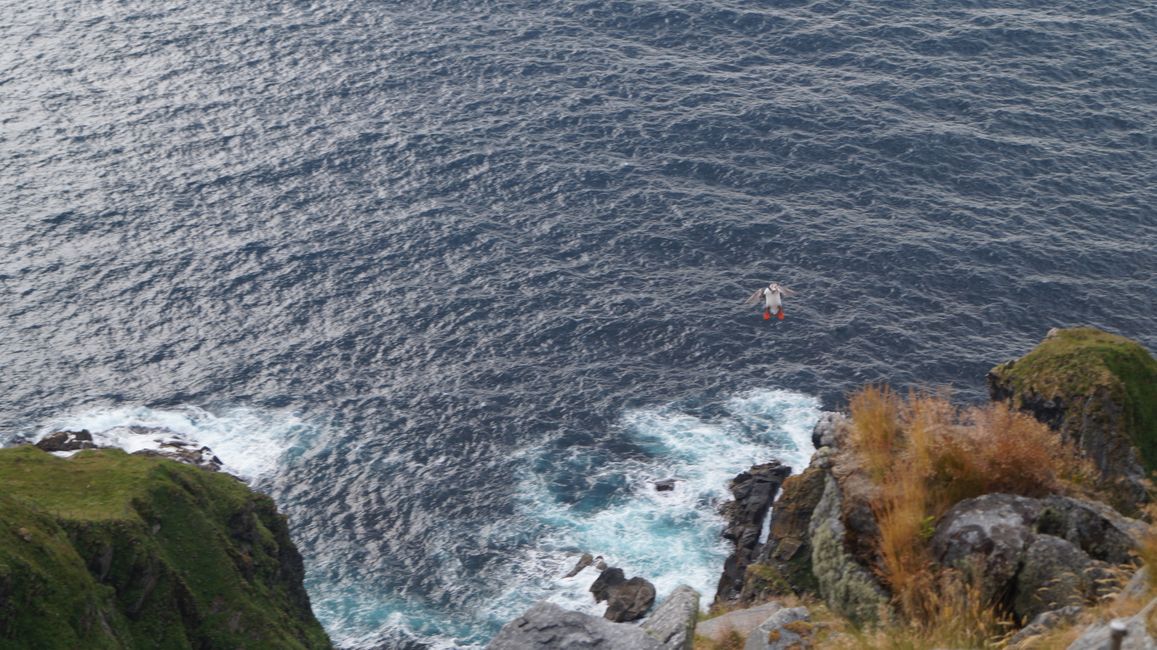
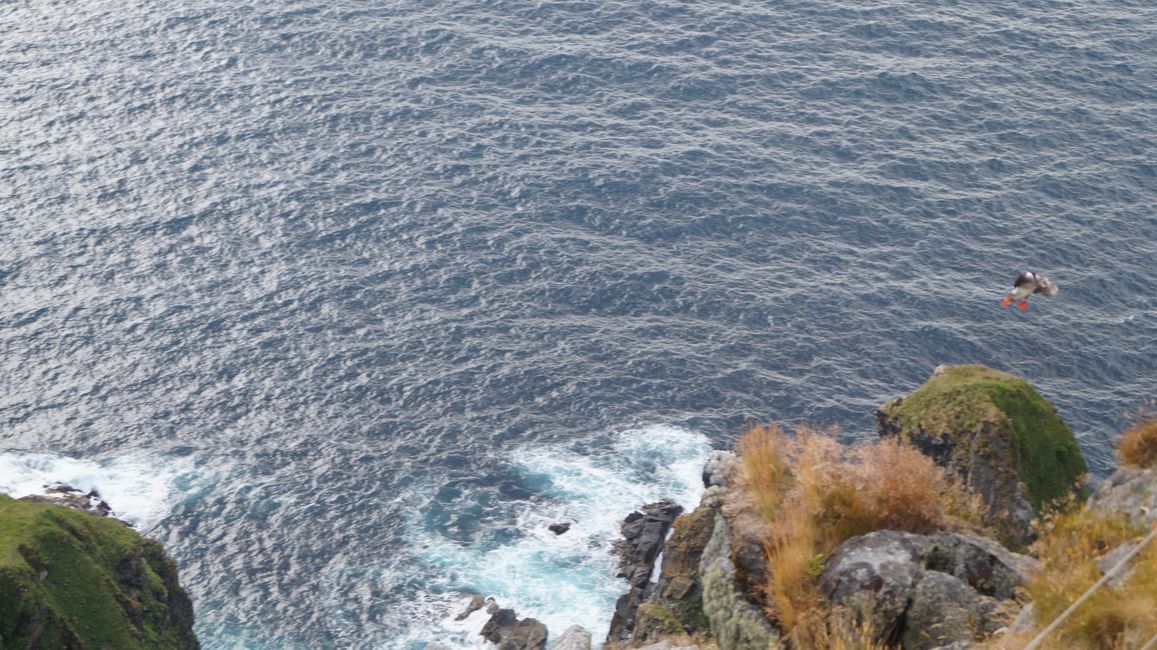
We stood there forever and took pictures - it's a miracle the shutter button still works! After we were soaked and a rain / storm front was approaching, we made the descent in the now strong wind. Back in rainy Volda, we edited our photos from the day and exchanged the best ones.
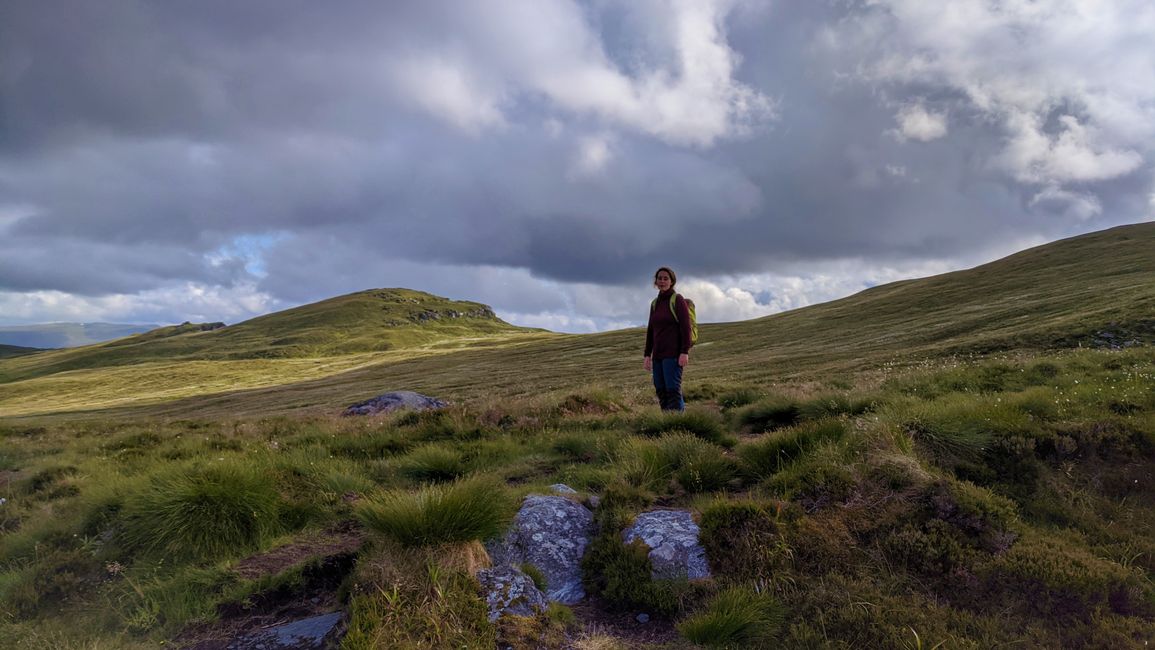
A few facts about Runde Island:
- there are 22 bird islands in Norway. All of them are located in Northern Norway, except for Runde, which is the third largest in Norway.
- about 250,000 bird pairs live on the island, consisting of about 230 different seabird species, with the puffin being the most common.
- the oldest and largest northern gannet colony in Norway lives here. It is also one of the 40 colonies still existing worldwide.
In addition, Runde Island is home to:
... the only common guillemot colony south of the Arctic Circle
... the largest and oldest fulmar colony
... the second largest shag colony.

ለጋዜጣ ይመዝገቡ
መልስ

የጉዞ ሪፖርቶች ኖርዌይ

